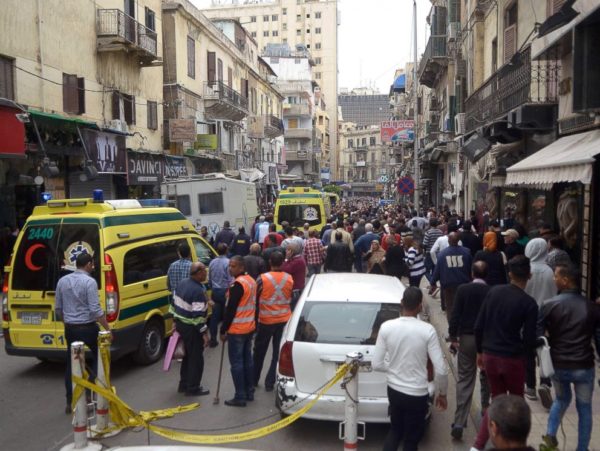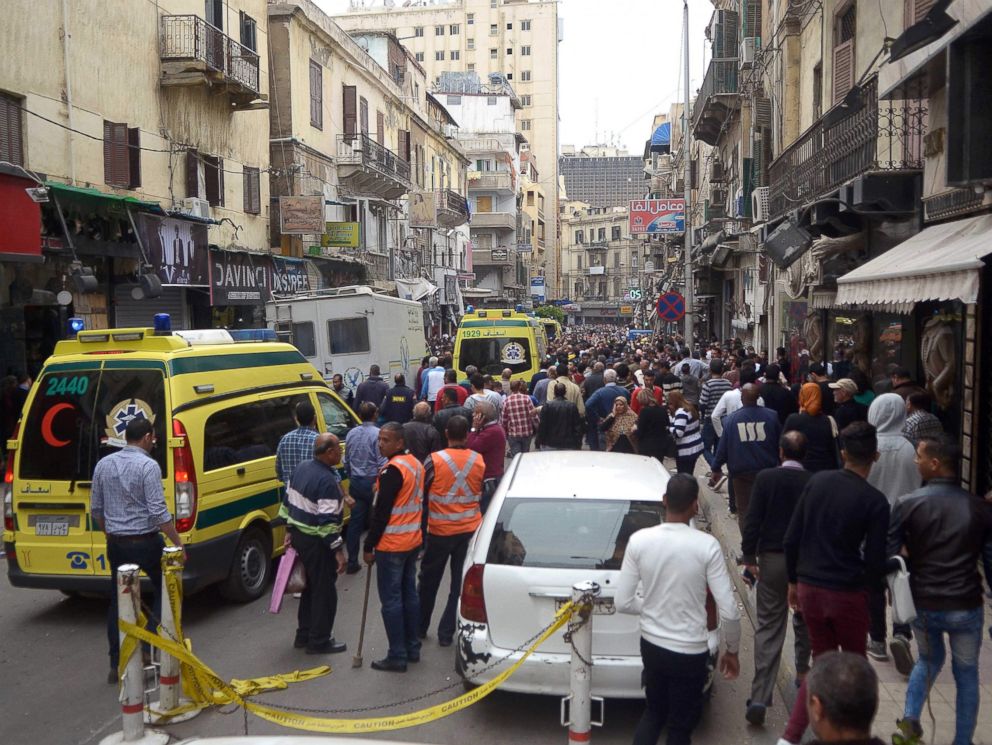Egypt has declared a three-month state of emergency after attacks on two Coptic churches that left at least 44 dead on April 9.
The measure allows authorities to make arrests without warrants and search people’s homes, President Abdul Fattah al-Sisi said. It needs to be approved by parliament before it is implemented.
ISIS said it was behind the blasts in Tanta and Alexandria on Palm.
The group has targeted Copts in Egypt recently and warned of more attacks.
President Abdul Fattah al-Sisi said made a defiant speech at the presidential palace after a meeting of the national defense council to discuss the attacks.
He said the state of emergency would be implemented after all “legal and constitution steps” were taken. The majority in parliament backs President Sisi.

Abdul Fattah al-Sisi said had earlier ordered the deployment of the military across Egypt to protect “vital and important infrastructure”.
The attacks coincided with one of the holiest days in the Christian calendar, marking the triumphal entry of Jesus Christ into Jerusalem.
ISIS said in a statement that two suicide bombers carried out the blasts. One targeted St George’s Coptic church in the northern city of Tanta, where 27 people were killed, the health ministry said.
Hours later, police stopped the bomber from entering the St Mark’s Coptic church in Alexandria. He detonated his explosives outside, leaving 17 dead, including several police officers.
The blasts came weeks before an expected visit by Pope Francis intended to show support for the country’s Christian minority, who have long complained of being vulnerable and marginalized.
The move by President Sisi is likely to raise concerns among human rights activists, observers say. The president, a former army chief, has been criticized by local and international groups for severe restrictions on civil and political rights in Egypt.
Human Rights Watch says tens of thousands people have been arrested in a crackdown on dissent, and that security forces have committed flagrant abuses, including torture, enforced disappearances and likely extrajudicial executions.
